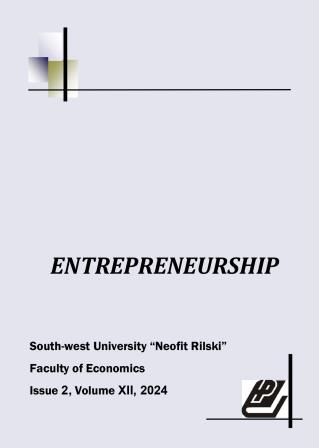Neoclassical theory of customs unions: A theoretical approach
Neoclassical theory of customs unions: A theoretical approach
Author(s): Parousis EvaggelosSubject(s): Economy, Supranational / Global Economy, Business Economy / Management
Published by: ЮГОЗАПАДЕН УНИВЕРСИТЕТ »НЕОФИТ РИЛСКИ«
Keywords: Economic Growth; Customs Union; Free Trade
Summary/Abstract: Extensive research in international trade theory has delved into the neoclassical theory of customs unions. This paper presents a comprehensive theoretical approach rooted in neoclassical economics, aiming to unravel the implications of customs unions. The analysis primarily focuses on the welfare effects these unions have on both member and non-member countries and the impact on trade creation and diversion. Additionally, it explores the conditions under which a customs union may enhance economic welfare. Drawing inspiration from renowned economists like Jacob Viner and Bertil Ohlin, this paper delves into the intricate ways in which customs unions influence resource allocation, production, consumption, and international trade patterns. The analysis conducted in this study brings attention to the balance between trade creation and trade diversion, as well as the significance of factors such as the size of the customs union, the similarity among member nations, and the external trade policies in determining the overall impact on welfare. Additionally, the paper explores the dynamic effects of customs unions on economic growth, the mobility of factors of production, and the distribution of income. Through graphical analysis and mathematical models, valuable insights are provided regarding the circumstances in which customs unions are likely to enhance economic welfare, as well as the situations in which they may result in inefficiencies. In summary, this paper aims to provide a greater comprehension of the neoclassical theory of customs unions and its implications for international trade and economic policy.
Journal: Предприемачество
- Issue Year: 12/2024
- Issue No: 2
- Page Range: 84-89
- Page Count: 6
- Language: English

